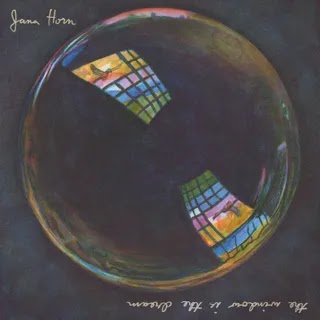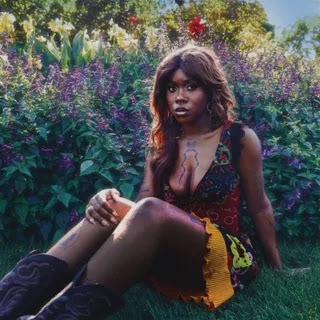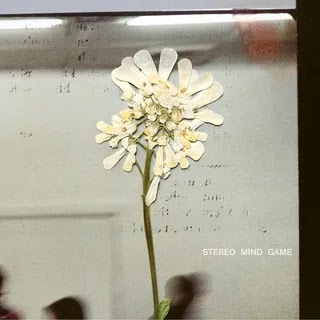In Tuareg culture, women rarely play guitar; this Nigerien group breaks with that tradition. Their 2019 live recording captures them at a hypnotic high, far from home but in command of an eager, inviting spirit.
Led by Fatou Seidi Ghali, the group formed in Illighadad, a small village in central Niger populated by nomadic Tuareg people. They took on a utilitarian name (“the Daughters of Illighadad”), performing the music of their Saharan upbringing with an electric guitar. They made their way to Western ears through the boutique Sahel Sounds label, releasing 2016’s Les Filles de Illighadad and 2017’s Eghass Malan before touring the United States for the first time in the fall of 2019. Recorded on the Brooklyn stop of that run, At Pioneer Works documents the ensemble at a hypnotic high, far from home but well in command of an eager, inviting spirit.
Rather than chasing the Western canon, the group invests its energy in tende, Tuareg traditional music named for the goatskin drum central to its sound. It’s inherently communal, intended for socializing, celebrating, and healing; women have typically led the singing and drumming, but guitars were out of the equation. Even devoid of this context, recorded in a still brick room and relayed through wires nearly two years later, At Pioneer Works hums with vibrancy. The low rhythm of an askalabo—a partially submerged calabash—sets the tone, bobbing upward to meet a curling guitar part on “Surbajo.”
Ghali holds the distinction of being the first female Tuareg guitarist, having secreted away time with a guitar that her older brother had brought home. Her father told her that she should be looking after cows instead, as she recalled to the Guardian in 2019. But she taught herself to play, later recruiting her cousin Alamnou Akrouni and now Amaria Hamadalher—the second Tuareg woman to play guitar—to join her in the group. Another of Ghali’s brothers, Abdoulaye Madassane, joins Les Filles on the road and At Pioneer Works as a rhythm guitarist.
Les Filles thrive as equal partners alongside Ghali’s nimble leadership, setting the steady groove that act as her launchpad. As they return to some of the songs they’ve previously recorded (it’s a live album, after all), Ghali and company reinvigorate them with new energy. They draw out Eghass Malan’s “Inssegh Inssegh” into nine entrancing minutes, with Ghali chasing a sprightly melody in circles. The title track from the same album finds a new bounce on an urgent, focused rhythm.
Though Ghali’s electric-guitar tone gives Les Filles de Illighadad their definitive character, its presence never usurps the communal spirit of the music. “Irriganan” takes off at a gallop, and Ghali’s bright, knotty picking emerges ahead of the flurry of the women’s voices. Notes seem to spring off of one another on every song, each tightly wound coil bouncing and unspooling in directions that are delightful to follow. The women trade off in call and response, singing about love, meditation, and family. As their voices overlap, it feels easy to disappear among them.
Les Filles de Illighadad began when Fatou Seidi Ghali dared to chase her curiosity past the boundaries that other people set for her. The group’s music imagines longstanding traditions while channeling the enthusiasm of audacious, self-determined freedom. Not all heroes wear capes, but they might start a band on the edge of the desert from time to time.
















0 comments:
Post a Comment